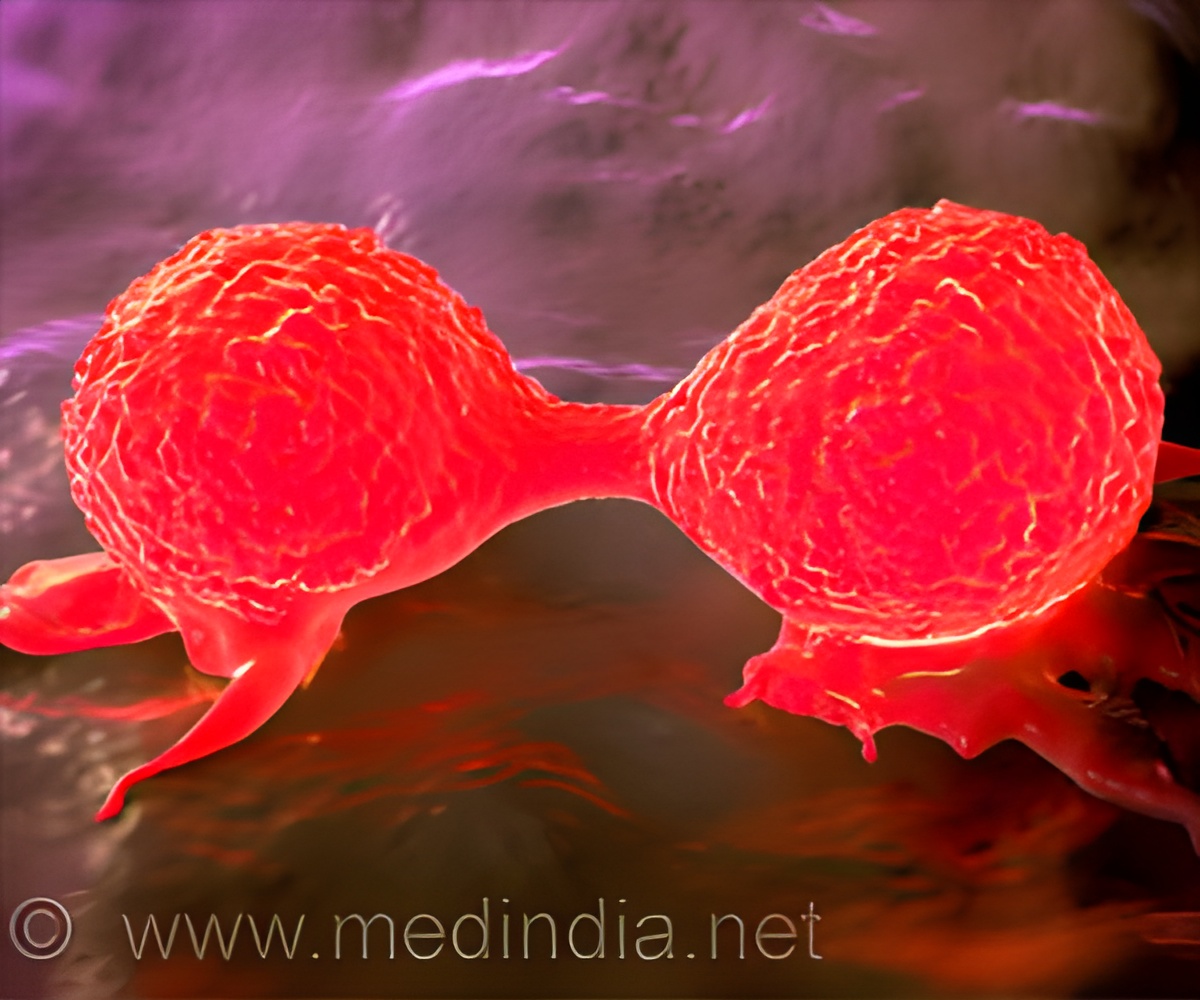
‘Patients with a newly-defined "BRCA deficient" subtype experienced better survival with chemotherapy. The findings suggest that immunotherapies might be tested in patients with triple negative breast cancer.’
Tweet it Now
Hatzis and colleagues selected individual tumors
from patients who had exhibited either good or poor sensitivity to
cytotoxic chemotherapy, and characterized 29 cases of the disease by
whole exome sequencing, with validation in further groups of patients. Patients with a newly-defined "BRCA deficient" subtype experienced better survival with chemotherapy, and had a higher burden of mutations and neoantigens that could be targeted by the immune system. Based on these findings, the authors suggest that immunotherapies might be tested in patients with BRCA deficient, triple negative breast cancer.
In a commissioned Perspective article, Mack Su and David Fisher of Massachusetts General Hospital, Boston, MA, USA discuss developments in cancer immunotherapy, an area which has had a long history. During the past decade there have been notable advances in the treatment of melanoma, an aggressive tumor type which is increasing in incidence in some populations.
Alongside development of drugs which target the BRAF mutations that are common in melanoma, therapies have been discovered that stimulate the immune response to tumors - blocking so-called checkpoints, or inhibitors of the immune response. Su and Fisher describe the potential for use of different combinations of immune and targeted therapies and conclude that, as new immunotherapies are developed and tested in different tumor types, "deeper mechanistic insight will be required to inform clinical decisions."
Source-Eurekalert















